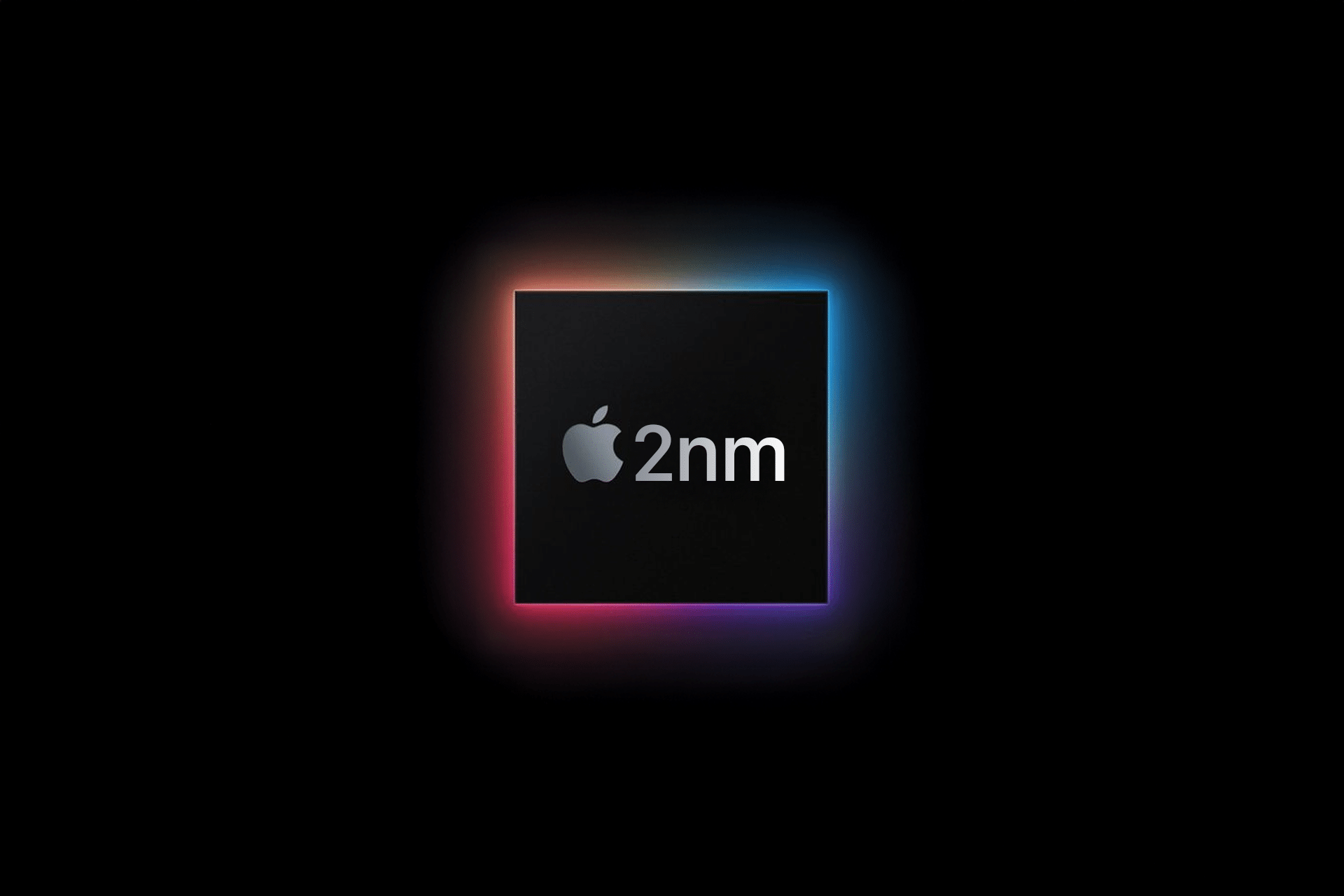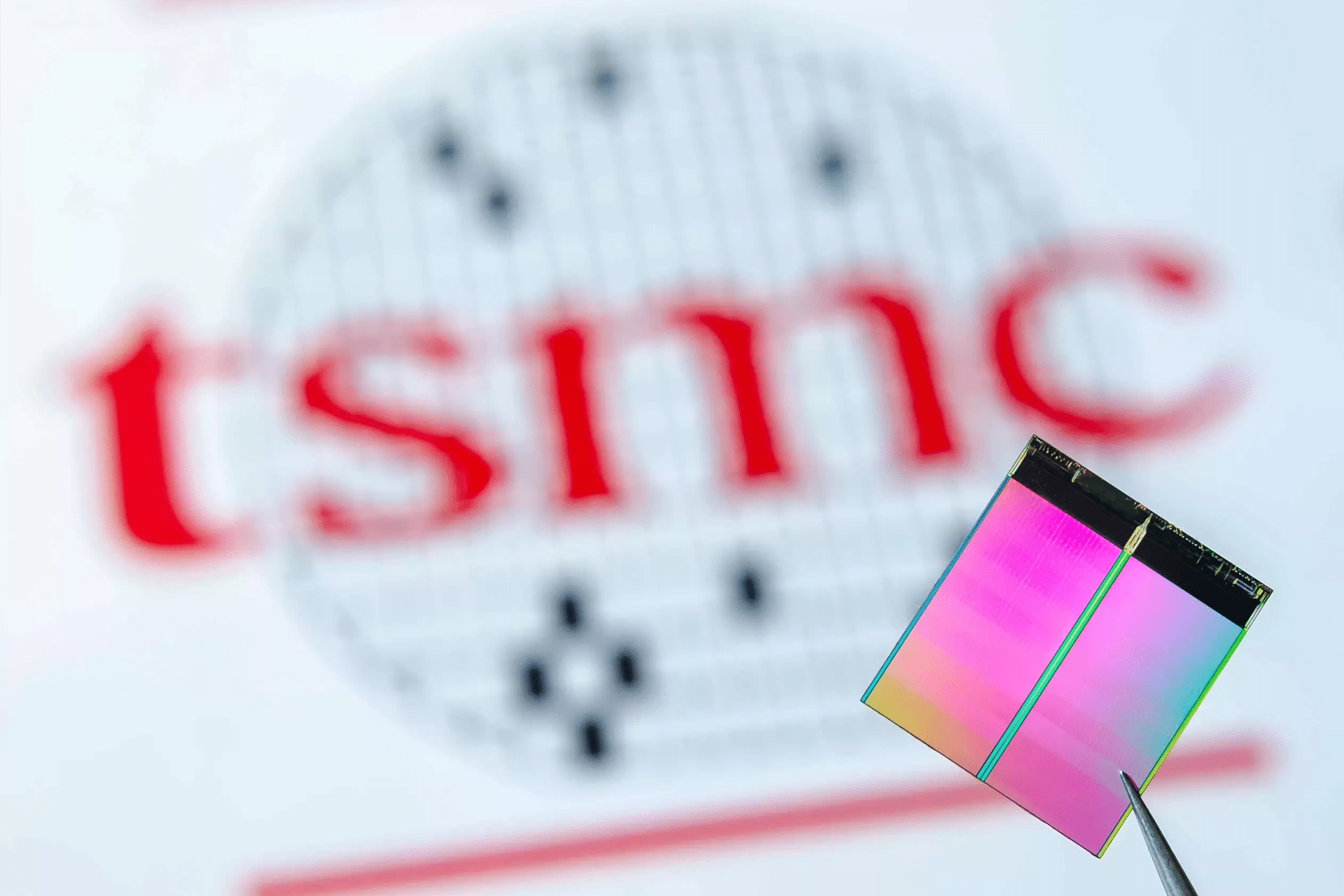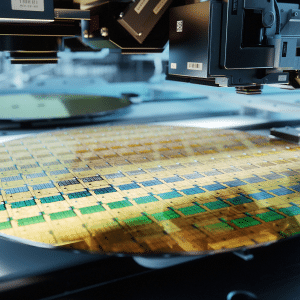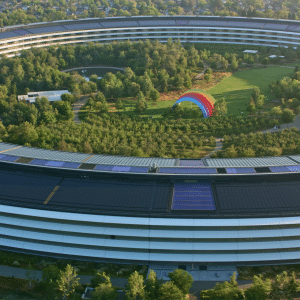Taiwan Semiconductor Manufacturing Company (TSMC) has officially begun mass production of 2-nanometer chips, which are expected to power Apple’s upcoming iPhone 18 lineup in 2026. The milestone marks a new chapter in the long-standing partnership between the two companies and underscores Apple’s continued push for greater performance and energy efficiency in its custom silicon.
According to industry reports, TSMC’s 2nm process node — internally referred to as N2 — will be the world’s most advanced semiconductor manufacturing technology when it enters full-scale production. The process introduces nanosheet transistors designed to improve both speed and power efficiency compared to the 3nm chips currently used in the iPhone 15, iPhone 16, and M4-based Macs.
Next-Generation Apple Silicon
Apple is expected to be the first major customer to adopt TSMC’s 2nm node, with early chip production dedicated to the A20 Bionic processor, likely to debut in the iPhone 18 and iPhone 18 Pro models. The new architecture will reportedly deliver significant gains in performance per watt, continuing Apple’s long-term strategy of balancing computational power with battery optimization.
TSMC’s 2nm chips are projected to offer up to a 15% performance improvement or 30% power reduction compared to the N3E process used in the current generation of iPhone processors. These improvements are achieved through a shift from FinFET to gate-all-around transistor design, a change that allows more precise control of current flow and reduces leakage.
Manufacturing Expansion and Investment
TSMC has invested heavily in 2nm production capacity, with initial manufacturing concentrated at its Hsinchu and Baoshan facilities in Taiwan. Additional capacity is being planned for new plants in Kaohsiung and Hsinchu Science Park, part of a multibillion-dollar expansion aimed at securing Apple’s long-term supply chain needs.
The company’s focus on the 2nm node also reflects Apple’s role as its most valuable customer. Apple’s chip orders have consistently accounted for more than one-quarter of TSMC’s total revenue, a figure expected to increase as Apple integrates 2nm technology across its iPhone, iPad, and Mac lineups over the next two years.
Implications for the iPhone 18
For consumers, the move to 2nm silicon will likely translate to faster app performance, improved multitasking, and extended battery life across the iPhone 18 family. The A20 Bionic chip will also enhance AI and machine learning capabilities, aligning with Apple’s growing focus on on-device intelligence and contextual computing.
Thermal efficiency gains from the new process are also expected to allow thinner designs or increased battery capacity without compromising performance. Apple has historically leveraged each process shrink to push its hardware design closer to the limits of portability and endurance.
Competitive Landscape
Apple’s adoption of TSMC’s 2nm chips comes as rivals Samsung and Intel continue developing their own advanced manufacturing nodes. Samsung’s 2nm process, slated for 2026, is targeting mobile and automotive applications, while Intel aims to regain foundry leadership with its Intel 18A platform.
However, analysts note that Apple’s early access to TSMC’s 2nm production gives it a clear competitive advantage. The company’s exclusive use of the process for at least the first production wave ensures that the iPhone 18 will launch with a silicon lead over most Android flagships.
Long-Term Roadmap
Beyond smartphones, Apple is expected to extend 2nm technology to its Mac lineup through future M6 chips. This continuity across platforms reflects Apple’s unified architecture strategy, which allows performance improvements achieved in mobile devices to scale seamlessly into laptops and desktops.
While TSMC has not disclosed specific yields for its early 2nm production, industry analysts report that pilot runs have shown promising results, suggesting stable ramp-up ahead of the iPhone 18’s expected September 2026 debut.
The shift to 2nm marks one of the most important transitions in Apple’s chip history — a move that reinforces its position at the forefront of semiconductor innovation and deepens its reliance on TSMC’s manufacturing leadership.
















